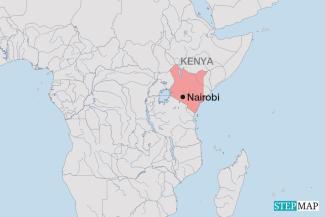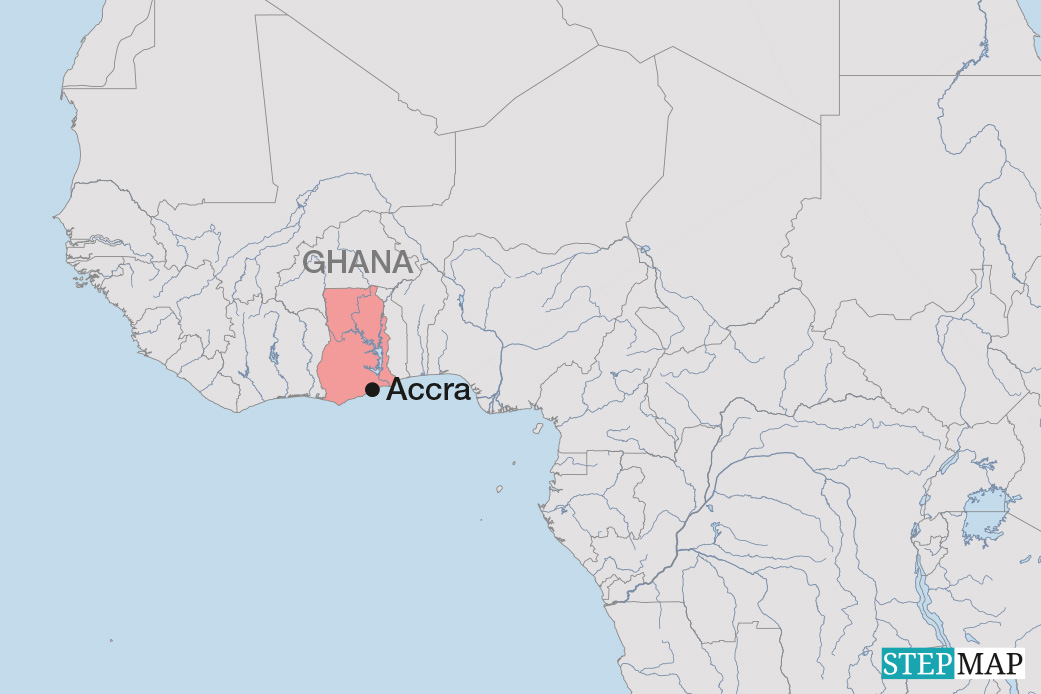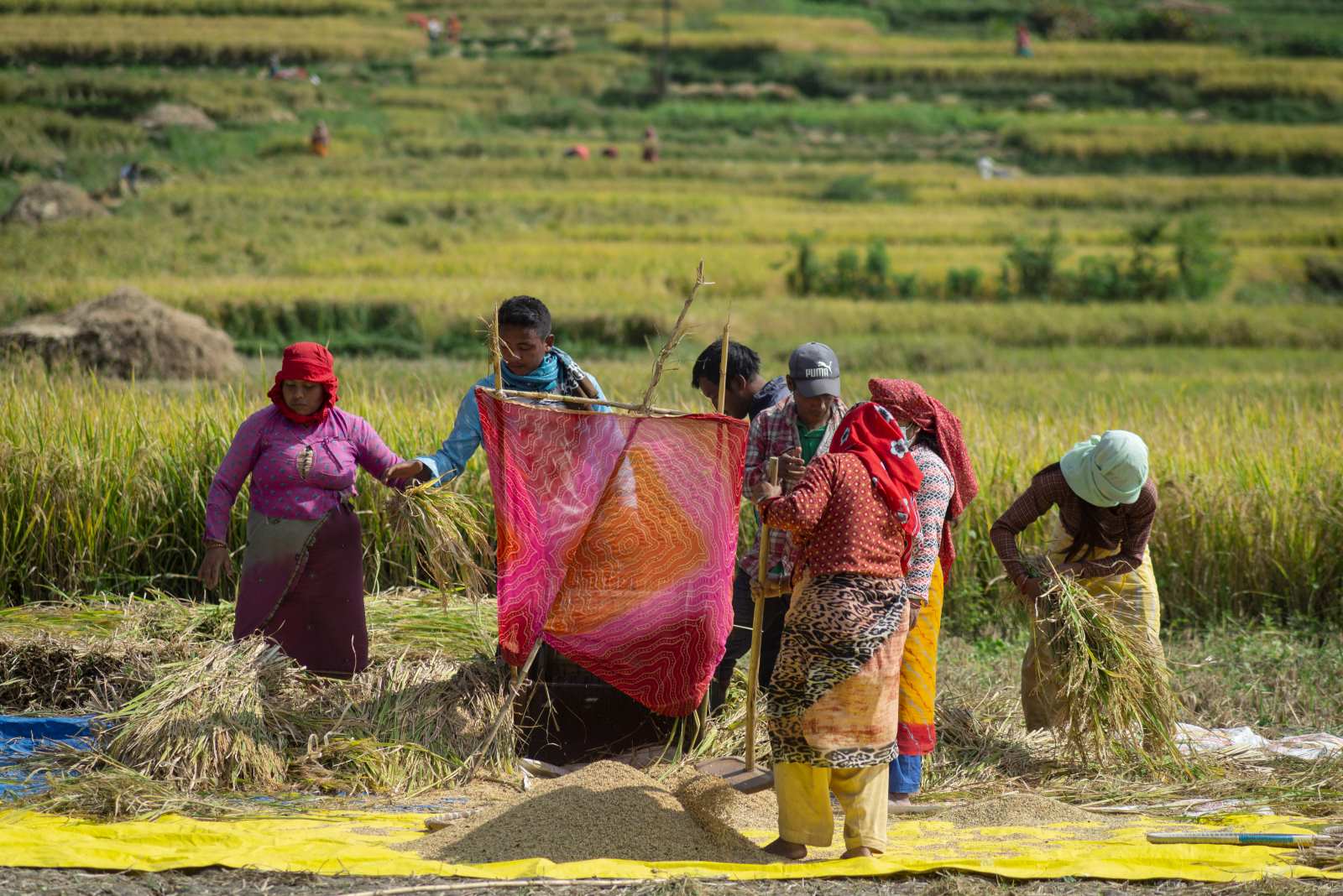Kenya
Against the mass planting of eucalyptus trees

Eucalyptus trees are a common sight on the Kenyan landscape. Many farmers grow them along rivers and other water bodies. They give good quality timber and mature in a short time. They are valued for wood products, charcoal production, shade and use as electricity wire-line transmission poles.
By its nature, the eucalyptus tree is known to be quite “thirsty” and often depletes water wherever it is planted. The drying up of some rivers has been attributed to the heavy presence of eucalyptus along the banks.
Kenyan legislators are seeking to ban the cultivation of eucalyptus along riparian lands, such as riverbanks, along lakes or in swampy areas. In so doing, they hope that they will preserve the environment from damage.
Environmentalists have lauded the parliament for the move, which comes at a time when there is a renewed focus on climate change mitigation, particularly as Kenya recovers from a four-year-long prolonged drought and massive flooding.
Senator Kamau Murango, a Kenyan legislator, is particularly passionate in his stance against the eucalyptus tree species. He says that eucalyptus trees “require high amounts of water through their growth and have deep root systems that extract water from the soil at a rapid rate.”
He opposes the continued planting of these trees along water bodies. “Their cultivation on riparian land depletes the water in the riparian ecosystem, often resulting in the drying up of streams, aggravating the effects of climate change, particularly the infrequent and insufficient rainfall currently being experienced in the country.”
Eucalyptus is exotic to Kenya. It was introduced by British colonial settlers in the 19th century. Even though the National Environment Management Authority (NEMA) has passed regulations prohibiting the cultivation of this species within 30 metres of riparian areas, this regulation has not been enforced in many parts of the country.
There are alternatives to the planting of eucalyptus. Government officials are advocating for the replacement of eucalyptus with the less thirsty but also commercially viable bamboo. “Bamboo trees need very little manure and time to mature, they generate less waste too. Their by-products can equally be fabricated to make very unique, classy and beautiful furniture and other items of various uses worth lots of money and be a source of income to the creative carpenters,” says Benjamin Mutinda, an officer at Kenya Forestry Research Institute (KEFRI).
The move by Kenya’s central government has received support from regional governments. Bomet County, for instance, has debated the issue. Petitions in the county assembly have sought to strengthen the county’s oversight on the cultivation of the species, and the county has responded with strategies that include creating awareness among local communities on the disadvantages of planting the species along riparian zones.
The proposed legislation will likely face opposition and scepticism from interest groups, but the formulation of such legislation marks a first step in the right direction. At worst, the debate will awaken farmers to seek alternatives. After all, the reality check occasioned by adverse weather impacts has enlightened many Kenyans.
Joseph Maina is a freelance writer based in Naivasha, Kenya.
mainajoseph166@gmail.com













